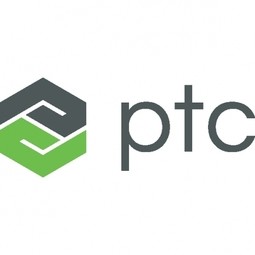*This is an IIC testbed currently in progress.* LEAD MEMBER Infosys SUPPORTING MEMBERS PTC and Schneider Electric MARKET SEGMENT Local government, public facilities, critical infrastructure, organizations with large campuses, emerging markets SOLUTION The Smart Energy Management Testbed plans to instrument various commercial buildings and equipment to measure the electricity and provide tools to monitor, visualize, analyze and optimize energy consumption within the organization. It will also provide various IT tools such as alarms, notifications, workflows, a ticketing system and augmented reality to improve the operations. FEATURES • Monitor energy consumption by detail for all the elements – every building, every floor, every utility within the campus, every equipment, every home, every office, and every infrastructure. eg., stadium, data center, etc. • Visualize the energy consumption in a hierarchical manner (drill-down) • Showcase patterns and trends in intuitive ways • Monitor and improve energy efficiency of all the equipment • Energy optimization algorithms (managing peak demands, managing based on the tariffs) • Monitor equipment using augmented reality application TESTBED INTRODUCTION The World Economic Forum has identified ‘rising energy costs’ as the sixth highest economic risk. It is a bigger risk in Asia. Ever-increasing population, overconsumption and poor infrastructure result in increases in energy demand. Organizations need to be cognizant of this fact and ensure that they keep their energy costs in control through optimal utilization of energy. The primary of objective of the Smart Energy Management Testbed is to monitor, visualize, analyze and optimize the consumption of energy within the organization. It could be a city, large campuses of private organizations or large infrastructure utilities like airports or shopping malls. Infosys, a member of the Industrial Internet Consortium, is leading this testbed, with contributions from consortium members, PTC and Schneider Electric. The testbed will be developed from the context of the smart city initiative. It will have a platform on which additional testbeds such as lighting management, environment management, security, etc. can be developed. The first phase will cover nine commercial buildings in the Infosys Campus in Mysore, India, and chiller plants for those buildings. In the next phase, it will have additional facilities like residential buildings, a data center and the stadium.
Read More






_6.jpg)
